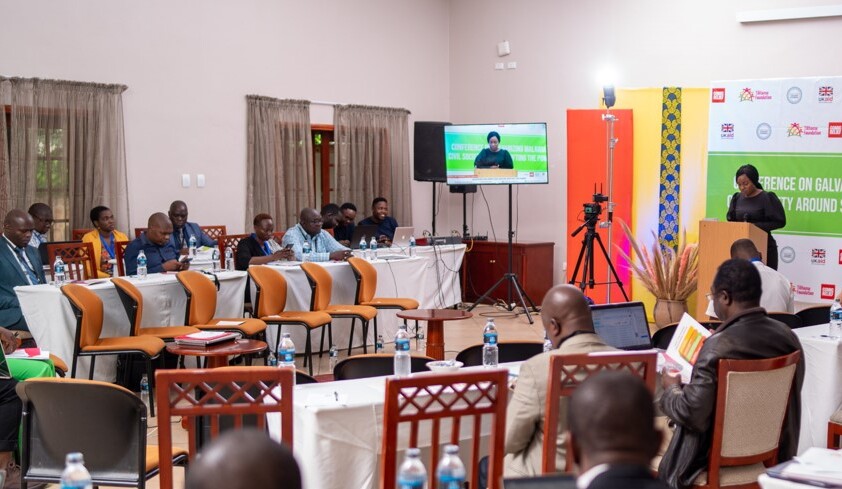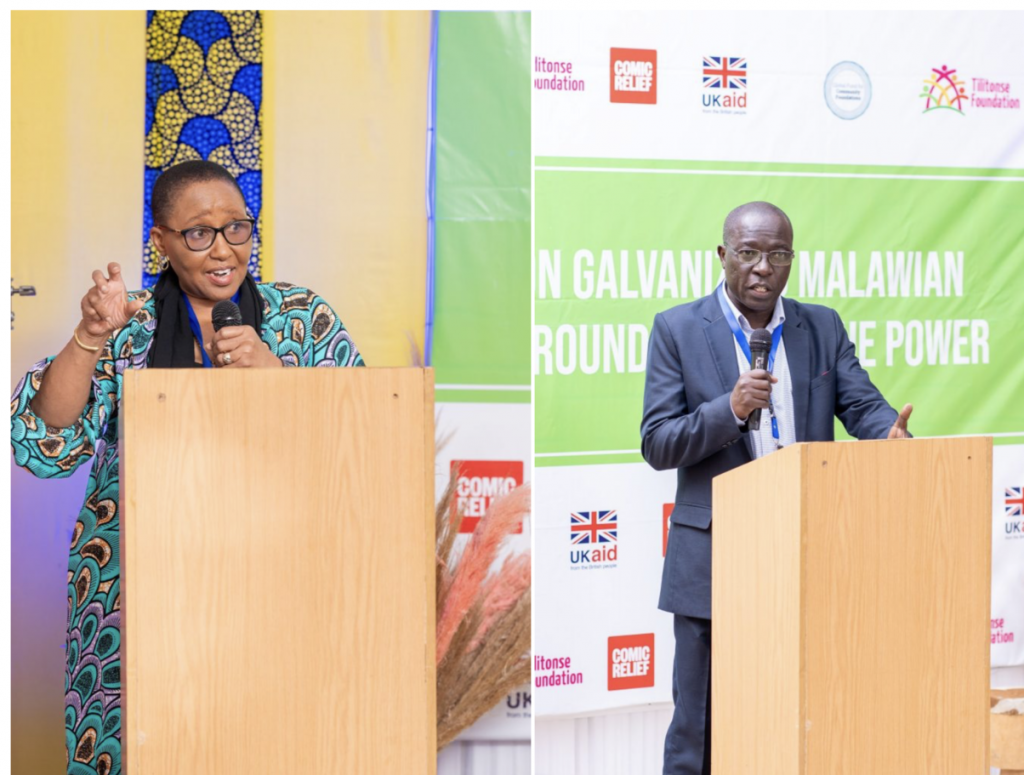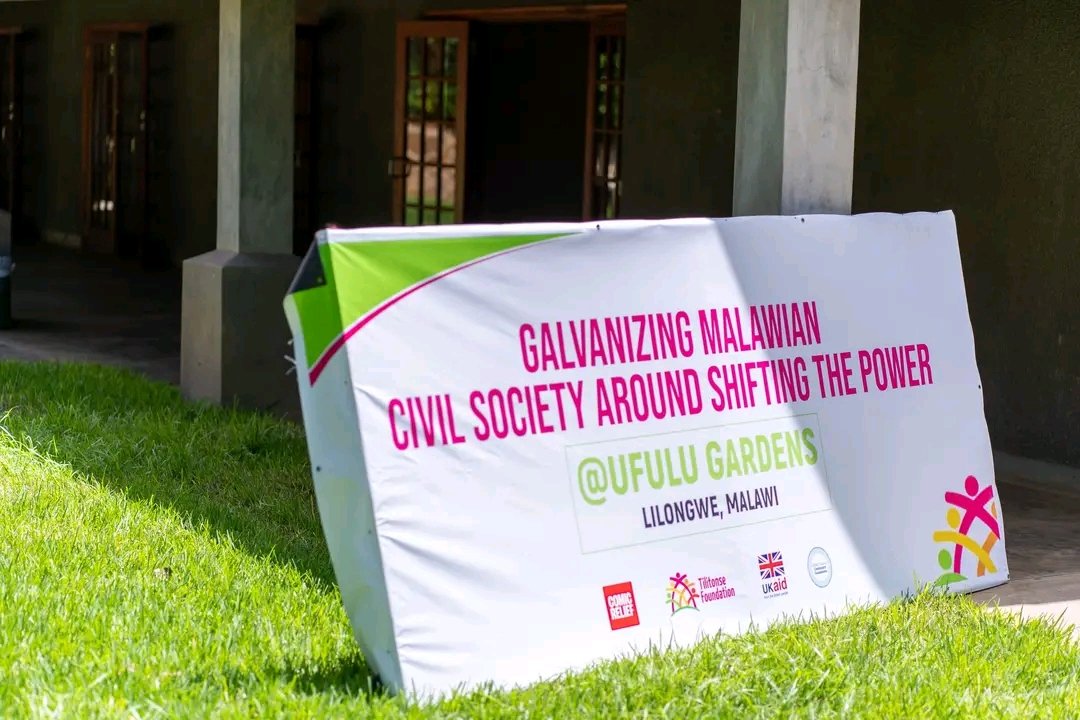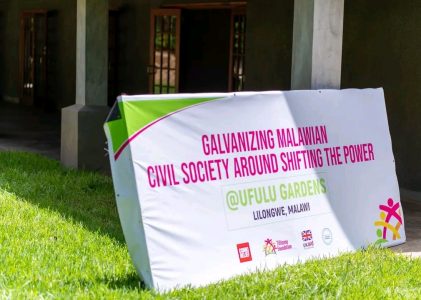
In March 2023, the Tilitose Foundation in Malawi in collaboration with the GFCF, convened individuals from diverse backgrounds and perspectives to discuss and explore ways to translate #ShiftThePower into practical actions and practices on the ground. This gathering took place only a month after the devastating tropical cyclone Freddy that left more than 600 Malawians dead, over 500 missing and many more homeless.
The morning after the cyclone, Malawians living closest to the locations that had been hit were the first responders to this humanitarian crisis. In the days that followed, other Malawians also made cash and in-kind contributions to respond to the crisis. However, their swift response and contributions were soon completely overshadowed by mainstream narratives driven by international humanitarian responders. When the #ShiftThePower meeting started on 22 March 2023, there was a general acknowledgement in the room that those first responders and the contributions made by other Malawians had been “erased” from the narratives on the humanitarian response to cyclone Freddy.
In recent years, there has been a growing recognition of the need to shift power dynamics within international development work. As Henry Chingaipe, Director and Lead Consultant at the Institute for Policy Research and Social Empowerment in Lilongwe, acknowledged that morning in his keynote address, “development practices are not power neutral.” The traditional top-down approach, where power is held by external actors and decisions are made without community input, has proven to be both ineffective and unsustainable. “The world in general and those dependent on external aid are stuck in ideas that don’t work,” said Chingaipe.

In Malawi, civil society organizations (CSOs) have played a critical role in empowering communities and amplifying their voices. Through their efforts, CSOs have been able to bring about tangible changes, such as improved access to healthcare, education and sanitation. However, a central question remains: to what extent have these efforts been sustainable in creating lasting change? While CSOs have been successful in addressing specific issues, there is a need to ensure that the progress achieved is not only maintained, but also continuously built upon over time with an implicit wariness of “quick and universal solutions” driven from the outside.
Doing this requires a shift towards more long-term and systemic approaches that address the root causes of social, economic and political challenges. It also requires a greater focus on building the capacity of communities to lead and sustain their own development efforts. In the words of MacBain Mkandawire, “you either have an agenda or you become someone else’s agenda.”
First responders and the contributions made by other Malawians had been “erased” from the narratives on humanitarian response to cyclone Freddy.
The concept of “shifting the power” is about recognizing that local communities have the knowledge and resources needed to drive their own development. It is about shifting the power dynamic so that external role-players act more as facilitators and cheerleaders, rather than decision-makers. #ShiftThePower recognizes that communities are not passive recipients of aid, but rather active participants in solving their own challenges. The galvanization of Malawian CSOs to use this approach is essential. We have a unique role to play in shifting the power dynamic and are often much closer to the communities we serve and have a deeper and broader understanding of their needs.
You either have an agenda or you become someone else’s agenda.
At the conference, the conversations highlighted the urgent need to challenge and disrupt the current power dynamics that exist in the international development sector and to become more aware of inherent power dynamics within our societies. It encouraged CSOs to take bold and innovative steps towards creating a more equitable and just world, where power is distributed fairly and transparently. Several ways were also presented on how Malawian CSOs can shift the power such as local resource mobilization and raising resources within communities to promote sustainable development and reduce dependence on external aid. As Stigmata Tenga, the Executive Director at the Africa Philanthropy Network said, “we need a bolder vision of development, and community philanthropy is part of that vision.’’

Moses Isooba, Executive Director of the Uganda National NGO Forum added, “international development doesn’t centre dignity.” There is need to decolonize development, to challenge and change the power dynamics in international development practices and to prioritize local ownership and knowledge. He illustrated this point with the following analogy: imagine your goat is stolen, and the person who took your goat comes and gives you a grant to help you look for it – and then starts leading the recovery efforts themselves!
Calling on all Malawian CSOs to Lead the Way in Shifting the Power
Dear Malawian CSOs,
The time has come for us to take bold action towards creating sustainable change in our communities. We can no longer simply wait for external assistance to come our way but, instead, we must actively participate in shaping our own destiny by taking the lead in our own development. We must recognize that we have the capacity, knowledge and resources within our own communities to drive development, and we must harness these resources to bring about positive change. By doing so, we can break the cycle of dependency and create a brighter future for ourselves and future generations.
As Malawian CSOs, let us focus on unlocking the potential within our communities and putting the communities themselves at the centre of development. To achieve this, we must first start by looking inward and transforming our own organizations from dependence to ascendancy. By doing so, we can become active agents of change and inspire others to do the same. We must work towards creating sustainable partnerships with the communities we serve, empowering them to take charge of their own development. Together, we can build a better future for Malawi. Join us today in this urgent call to action and let us create a better Malawi for all!
Chimwemwe Kayange works with Centre for Human Rights and Rehabilitation (CHRR). She tweets at @Chimwekayange.

